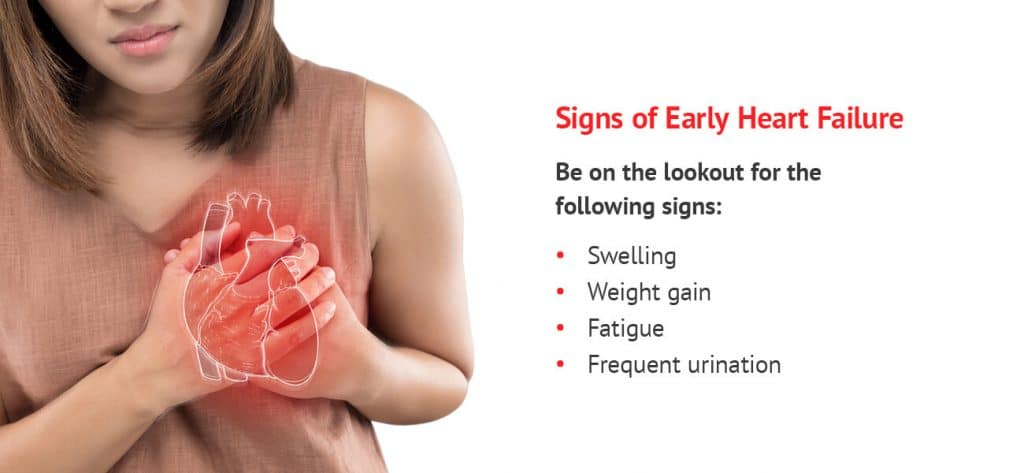smoking cigarettes can have serious health consequences.
Cigarette smoking is the leading cause of preventable death worldwide and is responsible for a range of serious health problems, including:
- Cardiovascular disease: Smoking increases your risk of heart disease, stroke, and peripheral vascular disease.
- Cancer: Smoking is a major cause of cancer, including lung cancer, throat cancer, and bladder cancer.
- Respiratory problems: Smoking can damage your lungs and airways, leading to chronic bronchitis, emphysema, and other respiratory problems.
- Reproductive health problems: Smoking can affect your fertility and increase the risk of complications during pregnancy, such as premature birth and low birth weight.
- Weak immune system: Smoking can weaken your immune system, making it harder for your body to fight off infections.

The best way to protect your health is to quit smoking completely. There are many resources available to help you quit, including nicotine replacement therapies, prescription medications, and support from friends and family. Your healthcare provider can help you find the best approach for you.


